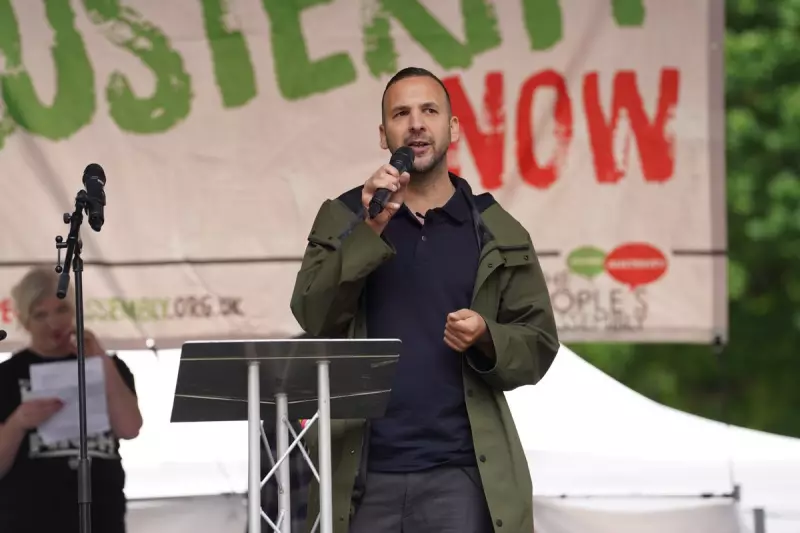
In a powerful address that resonated through the conference hall, Green Party deputy leader Zack Polanski delivered a blistering critique of Britain's electoral framework, branding it "fundamentally undemocratic" and unfit for the 21st century.
The London Assembly member didn't hold back as he outlined how the current First Past the Post (FPTP) system systematically sidelines smaller parties and millions of voters. "We have a voting system that is a barrier to democracy, not a gateway," Polanski declared to applause from party members.
The Case for Proportional Representation
Polanski positioned electoral reform as the cornerstone of the Green Party's mission for genuine political change. He argued that Proportional Representation (PR) isn't merely a technical adjustment but a fundamental requirement for a healthy democracy where every vote truly counts.
"Under the current rules, we see governments elected on minority vote shares, wielding absolute power while swathes of the country go unrepresented," he stated, highlighting the discrepancy between vote share and parliamentary seats.
Beyond Green Ambitions: A Democratic Principle
While acknowledging that the Greens would benefit from a fairer system, Polanski framed the issue as one of democratic principle rather than party self-interest. He painted a vision of a more collaborative and representative politics that would emerge from PR, breaking the stifling dominance of the two-party system.
"This is about creating a politics that listens, that reflects the rich diversity of opinion across our four nations, and that forces compromise and consensus," he urged.
Gearing Up for the General Election
The deputy leader's speech served as a clarion call to the party's base, signalling that the fight for electoral justice will be a central plank of their campaign in the upcoming general election. He called on members to take this message to doorsteps across the country.
Polanski's intervention adds significant weight to the growing cross-party movement for electoral reform, challenging the status quo and putting pressure on the larger political establishments to address what many see as a democratic deficit in the UK.





